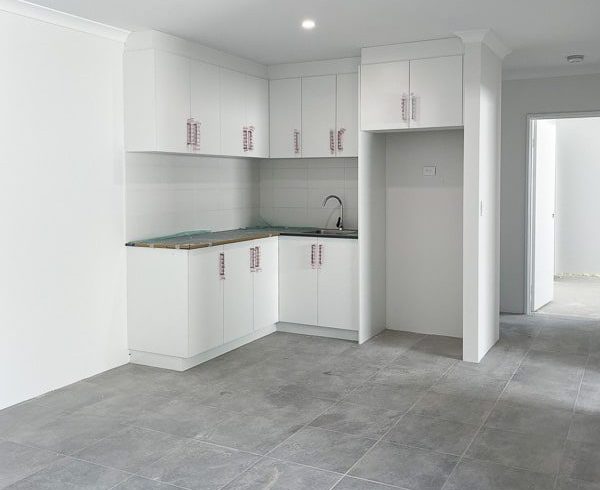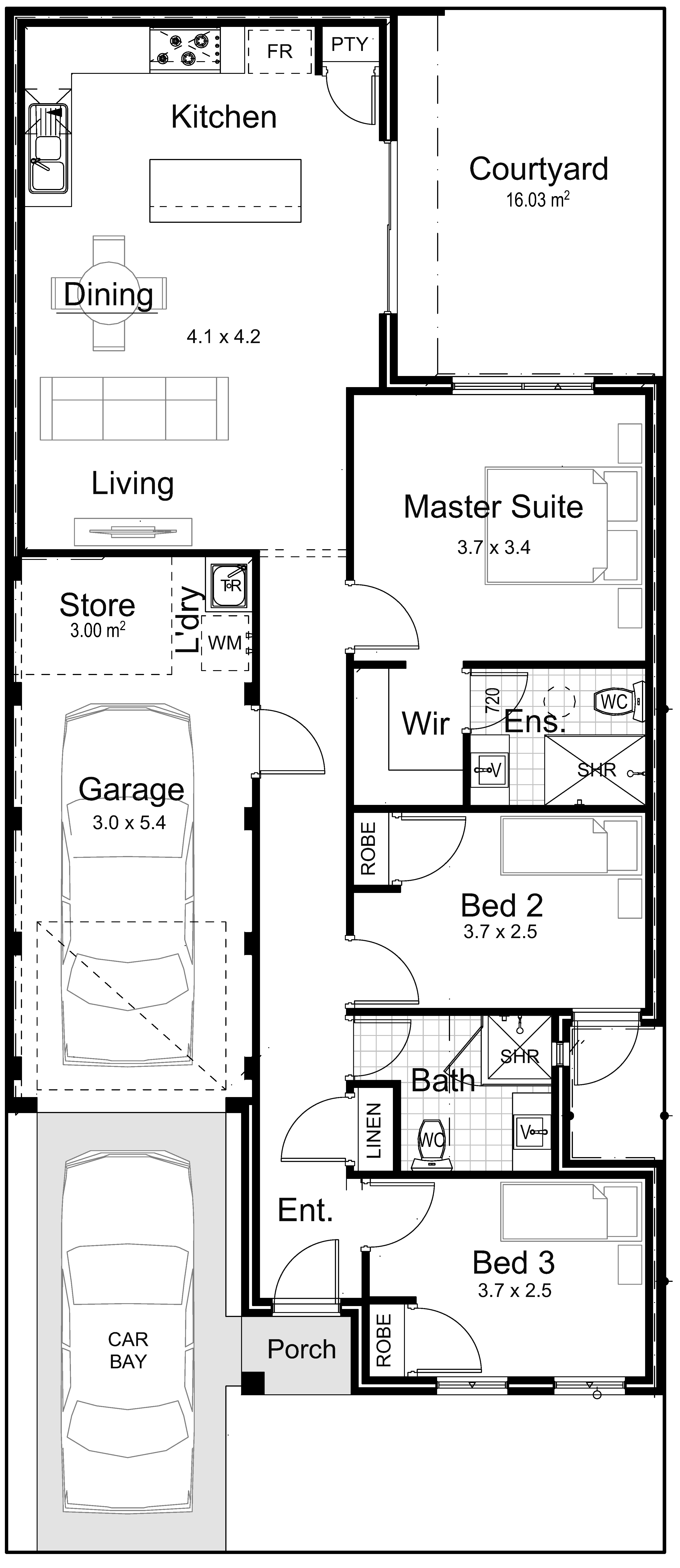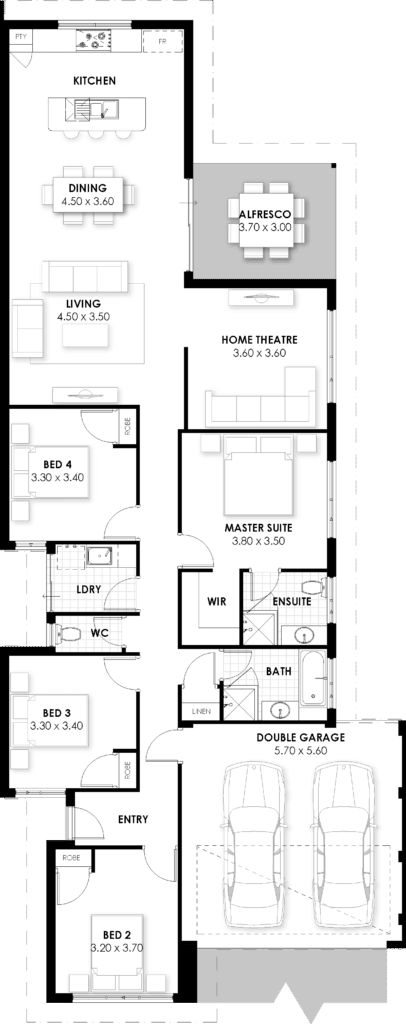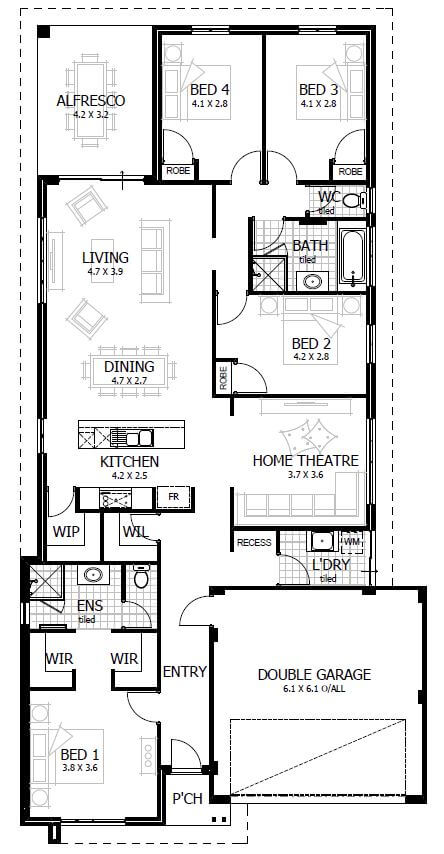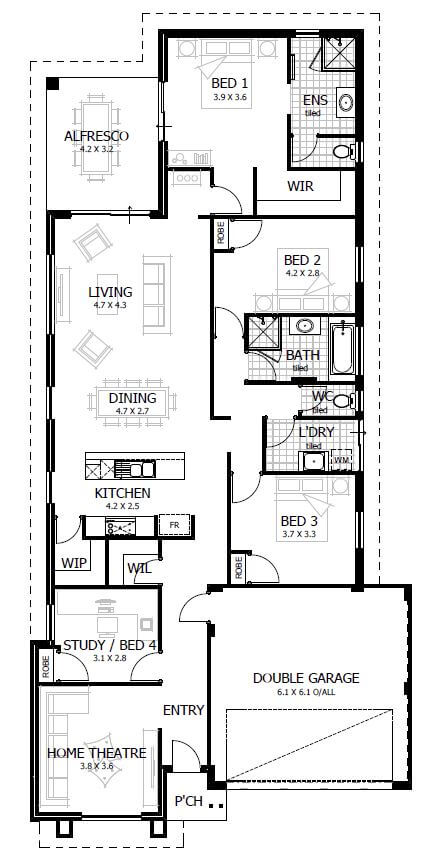

When it comes to finance for a house and land package, a lot of people get confused through the process. That’s completely normal – we can’t all be finance experts! One question we are commonly asked is what is the difference between a Mortgage Broker and a Bank? So, here’s our quick summary!
Mortgage Broker
A mortgage broker is essentially the middle person who deals with banks or other lenders to arrange a home loan for you. They look at the loan products from a range of banks to determine which one suits your needs.
They help you:
- Understand your needs and goals.
- Work out what you can afford to borrow.
- Find options to suit your situation.
- Explain how each loan works and what it costs (such as interest rate, features and fees).
- Apply for a loan and manage the process through to settlement




Benefits of using a Mortgage Broker
Since Mortgage Brokers aren’t set to one bank, they are able to offer you a broad range of financial lenders that you can go through for your home loan. This gives you more choice and finds you a better deal/rate that you maybe wouldn’t have found otherwise.
They also act as your one point of contact throughout the whole loan process. You’ll be updated at each stage of the process so you know what’s going on.
Mortgage Brokers are credit experts. Not saying banks aren’t, however, Mortgage Brokers specialise in the home loan process and lending policies of the banks they work with. Whereas the bank only have knowledge about their own lending policies.
Convenience is a big plus! You can apply and submit documents online to your broker without having to visit the office all the time, whereas banks usually require you to physically go into a branch.
How do they get paid?
This is a question a lot of people ask, thinking that they have to pay for their services or that it gets added to their home loan. This is not the case! For most home loans, Mortgage Brokers are free to use. They get paid by the bank they work with . Therefore, it actually works out cheaper for you to work with a broker than it is to go to a bank directly.
The only time you might face a fee with a broker is from the following:
- For small loans (typically less than $300,000), commercial loans or complex situations,
- You repay your mortgage within the first two years (this is charged by the bank to the broker, who would then pass this fee onto the customer)
All fees that a broker charges must be listed in their credit quote so just ask for a copy, and if they don’t charge fees then you won’t have a credit guide.
Who do you recommend?
The choice is completely up to you! We recommend using a Mortgage Broker because they’ll give you an unbiased recommendation on which bank and product to go with. We also have a great business relationship with a finance company, which allows us to have an in-house Mortgage Broker that we can refer to for our clients.




